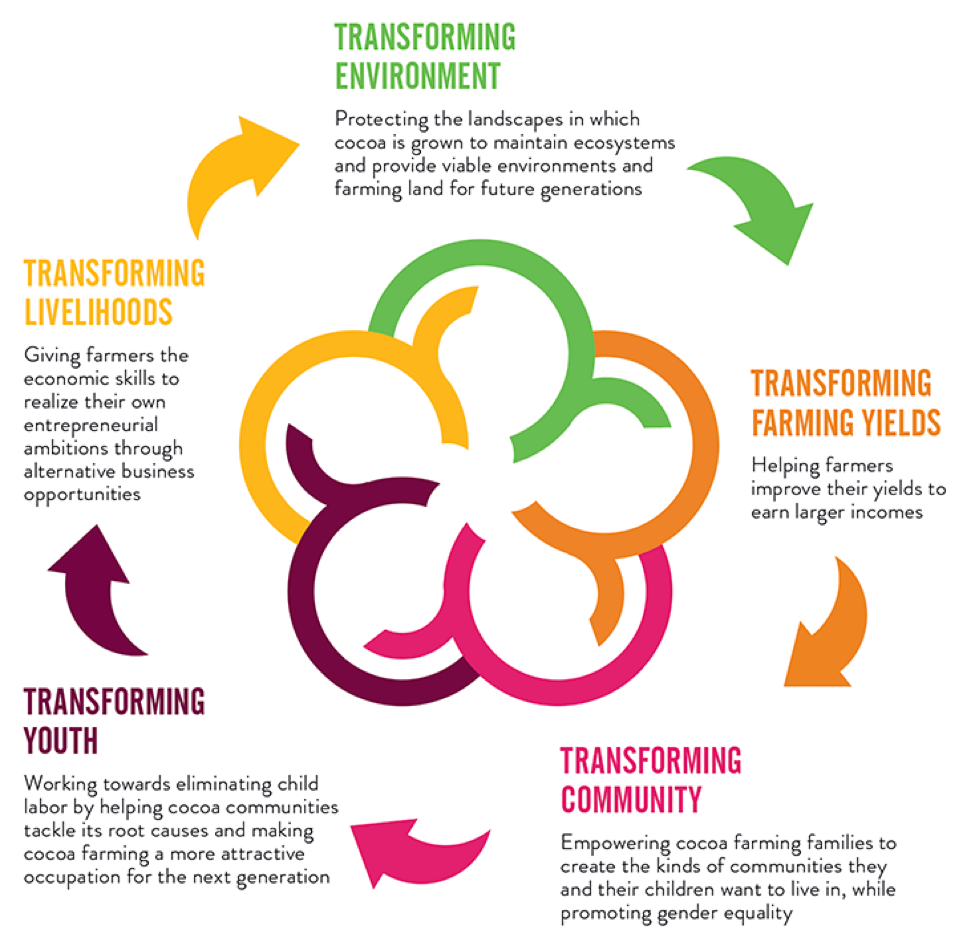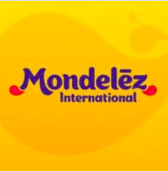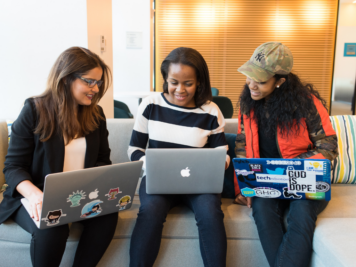Gender inequality isn’t just an issue in the developed world.
All over the globe, women are systematically denied their fair share of wages, education, and access to the financial resources to make better lives for themselves, their families, and their communities. Unfortunately, this is especially prevalent in cocoa farming communities.
That’s why Mondelēz—one of the world’s leading producers of chocolate, cookies, and tons of other delicious snacks—stepped in with its Cocoa Life program.
Here’s a look at how Mondelēz uses Cocoa Life to empower cocoa farmers of all stripes to make a better, more sustainable chocolate (and world)—and how the company’s empowerment of women doesn’t stop at the farmer level.
Saving Cocoa (And The World), One Woman At A Time
Mondelēz’s chocolate brands include iconic global chocolatiers like Cote D’or, Cadbury, and Milka. Plus, Mondelēz uses plenty of cocoa in its Chips Ahoy! and Oreo cookies, too. So, Mondelēz has a vested interest both in protecting the farmers who make cocoa and, you know, the Earth that sustains the crop.
That’s why Cocoa Life is about empowering women and communities to protect the environment.
And it’s not just a lip service initiative, either. Mondelēz is committed to putting $400 million into Cocoa Life communities by 2022. That’s enough money to impact the lives of 200,000 cocoa farmers and a million people in their communities.
Mondelēz’s focus is on its primary cocoa communities in Ghana, the Ivory Coast, Indonesia, the Dominican Republic, and Brazil. Problems of unsustainable farming practices and gender inequality were particularly problematic there. In Ghana, female cocoa farmers are paid 25 to 30 percent less, and in the Ivory Coast, they can be paid up to 70 percent less for the same work. This, like many problems in the US and elsewhere, can be traced to a lack of women in leadership. Over 40 percent of cocoa farming labor is done by women, but they own only 2 percent of the cocoa farmland.
Mondelēz through Cocoa Life gives women access to financial resources to buy and invest in farms for themselves. Cocoa Life also funds education for children and farmers to ensure they farm smarter to maximize output and make communities that work better for everyone.
So far Mondelēz has reached over 120,000 farmers across hundreds of communities. And they’re still going.

Mondelēz hopes to secure the future of chocolate for generations by making richer, more educated communities full of people committed to protecting both their cocoa yield and the ecosystem from which it grows.
It Doesn’t Stop With Cocoa
For Mondelēz, the passion that drives its team to empower women in cocoa communities also sets the standard for all of the company’s global offices.
Mondelēz is not them team that lets its culture be defined by the legal minimum of training and awareness. Mondelēz use its voice all around the world to make sure its company culture is unified. At every office, people of all backgrounds contribute to their international mission.
With so many different types of people, communities, and purposes in their network, the team at Mondelēz simply can’t afford to waste time on exclusionary, backward practices.
And even though the programs have been overseen by women in the c-suite (business world lingo for top brass), like former Chief Executive Irene Rosenfeld and Chief Human Resources Officer Paulette Alviti, men at every level are pitching in, too.
Global companies have a global responsibility to make sure their people are treated right. If you want to join a company that answers that call, check out fun facts, videos, and amazing job opportunities from Mondelēz on WayUp right now!





